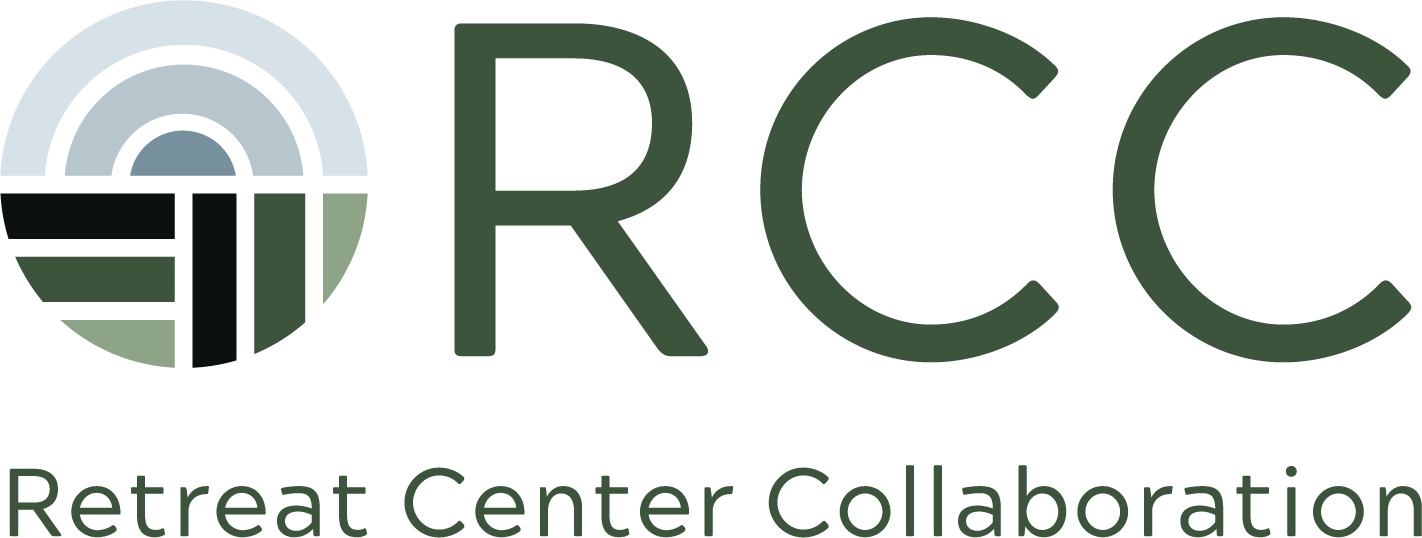Recruitment and Retention Strategies for Vibrant Staff
On this call led by Ben Scott-Brandt of RCC and Nanci Lee of Tatamagouche Centre in Mi'kma'ki (Nova Scotia), the community gathered to discuss staffing at retreat centers. Participants exchanged recruitment strategies, ideas for succession, and helpful hiring tips for third-party services. A key aspect of the discussion revolved around the question of establishing benchmarks to help retreat centers identify appropriate staffing levels, gauge staffing expenses, and evaluate the impacts on each organizations’ ability to thrive.
View the full meeting video by clicking the image above.
Or scroll down for takeaways from the conversation.
Staffing Poll
Prior to the call, RCC invited community members to respond to an informal poll designed to help better understand the possible range of staffing budgets at retreat centers, how some centers’ staffing budgets are allocated, and more. Review the results below:
Retreat Center Staffing
Participants came onto the call with a variety of questions about staffing. Some were interested in recruitment and learning effective ways to attract new employees, with an eye toward advancing diversity, equity, and inclusion. Some expressed curiosity about what kinds of incentives other retreat centers offer their employees (above and beyond standard wages and benefits). Yet others asked about succession planning—including how to hold intergenerational transfers, shifts in leadership, and general turnover.
Participants dipped into these diverse discussions in open space breakout rooms. A few takeaways include:
Retreat centers with minimal staff (or limited hours) may benefit from creating a pool of labor with a base number of guaranteed hours per week. If needed, employees can branch into other jobs to fill the allotted time. This would require cross-training between roles.
For centers with limited capacity, third-party services can take the pressure off of accounting, housekeeping, food service, and more.
In some states or provinces, there may be tax incentives for separating hospitality expenses from lodging expenses. Check the regulations that apply in your area to find out if your center might benefit.
Peer Groups and Benchmarking
Knowing how other centers operate (and who your peer groups are) can give you leverage to request changes from your board—like allocating more funds for staffing or exploring different staffing models.
Peer groups are groups of centers who share some of the same key markers (budget, geography, staff size, accommodation capacity, programming models, etc.). Establishing peer groups could provide meaningful opportunities for establishing benchmarks for successful business operations. Peer groups within the RCC community could start with a broad alignment (like small centers that are thriving) and then compare other factors to see what changes make a positive difference. The groups should be big enough to scoop up a diversity of experiences, but small enough that participants can see their centers meaningfully represented within those groups.
Community members lifted up these potential categories for peer groups:
Rural/urban retreat centers
Non-independent retreat centers that have an external supporting group (like Catholic Sisters or a university)
Faith-based retreat centers (Jewish, Buddhist, Muslim, etc.)
Sites that hold multiple functions (summer camp, rentals, retreats, outdoor school)
Similar target guest demographics (adult-focused vs. youth-focused programming)
Previous Staffing Calls
Check out these previous articles for more community learning on retreat center staffing:
Models for Balancing Hospitality, Work, and Life - Community Call, August 22, 2023
Staffing Models and Supports at Retreat Centers - Community Call, January 24, 2023
Notes and Audio
Follow the link below to access PDFs, audio, and additional meeting notes.
Join the Discussion
Do you work at a retreat center? Would you like to connect with the RCC community for more insights and support? Find out about upcoming events.
Attend the next Community Call by subscribing to our mailing list.
Join our private Facebook group to connect with other retreat center professionals, learn, share, collaborate, and socialize together.

